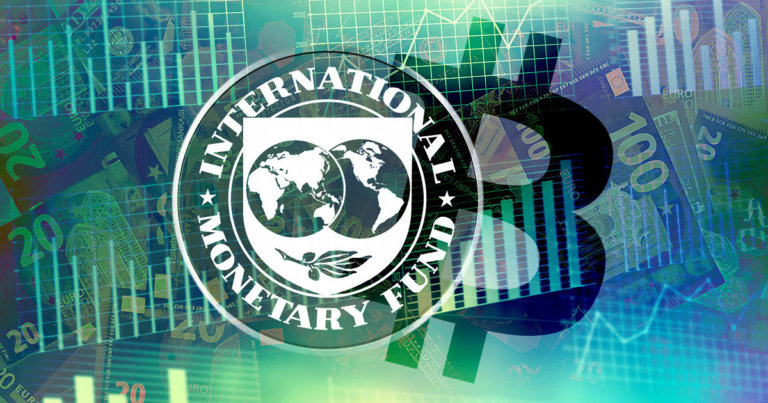 IMF releases financial stability report, identifies risks of crypto and calls for uniform regulations
IMF releases financial stability report, identifies risks of crypto and calls for uniform regulations IMF releases financial stability report, identifies risks of crypto and calls for uniform regulations
IMF noted that countries with excess energy sources can monetize it through mining of the flagship digital asset, Bitcoin.

Cover art/illustration via CryptoSlate. Image includes combined content which may include AI-generated content.
The International Monetary Fund (IMF) has released its quarterly Global Financial Stability Report, and there’s copious mention of cryptocurrency and its complex roles.
In the report, the IMF discussed the widespread use of crypto assets in emerging markets to bypass “capital restrictions and sanctions” and called for global standards to prevent the usage of the industry from evading sanctions.
Challenges posed by crypto
According to the agency, there are several challenges facing the global economy with the war in Ukraine further tightening financial conditions. It claims that the “risks of cryptoization” are more pronounced than ever in such situations.
It pointed to the increase in trading volumes of crypto assets in emerging markets currencies, citing trade volumes of stablecoins in Russia and Turkey as particular examples.
The report said:
“A more structural shift toward crypto assets as a means of payment and/or store of value could pose significant challenges to policymakers.”
On sanction evasion, the report echoes the same concerns that authorities worldwide have been raising, that non-compliant crypto exchanges with poor due diligence practices, coupled with the use of technologies that obfuscate transactions, can help sanctioned countries evade the imposed sanctions.
Monetizing energy sources
Perhaps more notable is the fact that this report also discusses crypto mining. According to the IMF:
“Mining for energy-intensive blockchains like Bitcoin (BTC) can allow countries to monetize energy resources, some of which cannot be exported due to sanctions.”
The agency stated that the solution to all these risks remains a “coordinated regulatory approach,” — echoing its previous calls for a uniform regulatory framework.
Uniform regulatory framework
In January, the IMF published a blog post titled “Crypto Prices Move More in Sync with Stocks, Posing New Risks.” The IMF discussed the threats digital assets pose to traditional markets, especially as they continue to become more interconnected.
The international financial agency proposed that there should be a global and uniform regulatory framework for the crypto industry. The Bank of England’s stance on how to monitor the fast-growing crypto market is also quite similar.
Countries around the globe are mobilizing to regulate the crypto industry. In some countries like the U.K. and Australia, the regulatory landscape has already begun to change.
However, investors in most countries like the U.S., China, and India still facing high levels of uncertainty about the industry.



























































